Fall/Winter 2024
3
From Blank Page to Publication: Celebrating New Faculty Publications
Kerry Heckman, Contributing Writer (Class of 2026)
From Blank Page to Publication: Celebrating New Faculty Publications
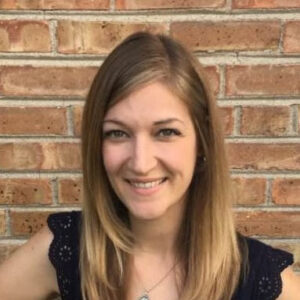
Kerry Heckman
Contributing Writer
Class of 2026
The RWW community has a lot to celebrate this year. Along with the twentieth anniversary of the program, six faculty have published books in 2024. This diverse list of titles is a snapshot of what makes RWW special. I asked each faculty member to comment on the themes of their projects and the writing process—from blank page to publication.
Moving the Bones by Rick Barot

Rick Barot
The most recent release is from director Rick Barot, whose fifth poetry collection, Moving the Bones (Milkweed Editions), came out in October. “There are a couple of distinct themes in the book,” says Rick. “First, the concerns of someone in middle age: the aging and falling of parents, taking stock of one's own life … and one’s relationship to one’s sense of vocation and purpose … The second prominent theme is the pandemic: the dread, uncertainty, and isolation that were part of my experience.”
When asked to describe the process of writing Moving the Bones, Rick shares, “The center of the book is a sequence of 30 prose poems titled ‘During the Pandemic.’ I wrote this sequence in the spring of 2020 during the first lockdown. The poems in this sequence started out as nervous bits of language, emotion, and perception … Initially, I didn’t think of the project as a ‘real’ poetry project … But at some point I realized that the poems had merit, and so I refined them … Working on the sequence was a sweet way of being distracted from the awful things happening out in the world at that time.”
Trust Me by Scott Nadelson
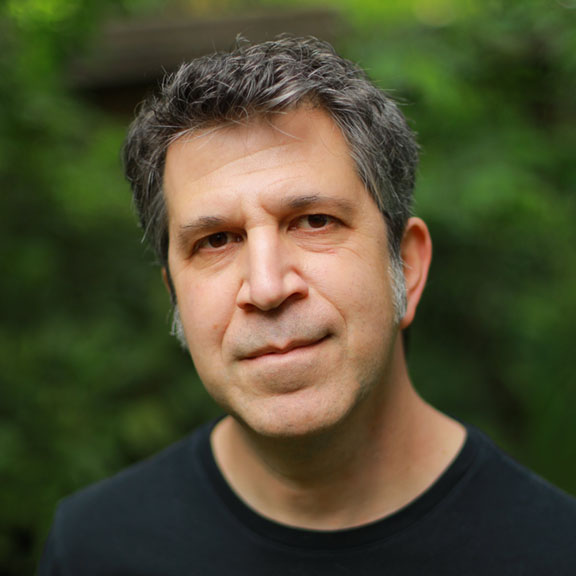
Scott Nadelson
In September, Scott Nadelson’s novel, Trust Me (Forest Avenue Press), was published. Scott describes it as “a novel built of small moments, one for each weekend of a year that a father and daughter share with a place they cherish. It’s about the tenuous bonds in a fractured family and the fragility of wilderness in a changing climate, and maybe above all about the necessity to love the people and places most crucial to us in spite of, or because of, how fleeting our relationships with them might be.”
Summarizing the process of writing Trust Me, Scott adds, “It took me eight years to write the novel, and I gave up on it more than once … But the characters wouldn’t let me go … I just kept writing scenes about them in different seasons, without worrying about chronology. Then, when the place I imagined them living—the real place that inspired the fictional one—went up in flames in the late summer of 2020, I suddenly had a trajectory: one that I didn’t want for them but that was also somehow inevitable. After that, the book came together surprisingly fast. In six months I had a draft, and after another six a finished manuscript.”
DEED by torrin a. greathouse

torrin a. greathouse
torrin a. greathouse published her second poetry collection, DEED (Wesleyan University Press), in August. She describes the collection as “an exploration of queer and disabled desire, as well as how these are complicated by violent systems of carceral, medical, and legal power.” This collection also allowed torrin to “[subvert] and [pay] homage to the poetic canon, examining [her] role within an artistic lineage that doesn't always love trans or disabled people back.”
“This project was written across eight years and was completed as the thesis for my own MFA degree,” torrin shares. She explains that she combines “two failed chapbooks—Ode to My Mouth and CELL” and that “the project centers on an 18-page sequence titled "I Want to Write an Honest Poem About Desire," which delves deeply into the project's themes. I structured DEED after a triptych mirror so that poems throughout the book reflect and provide the reader with new perspectives on each other.”
End of Active of Service by Matt Young
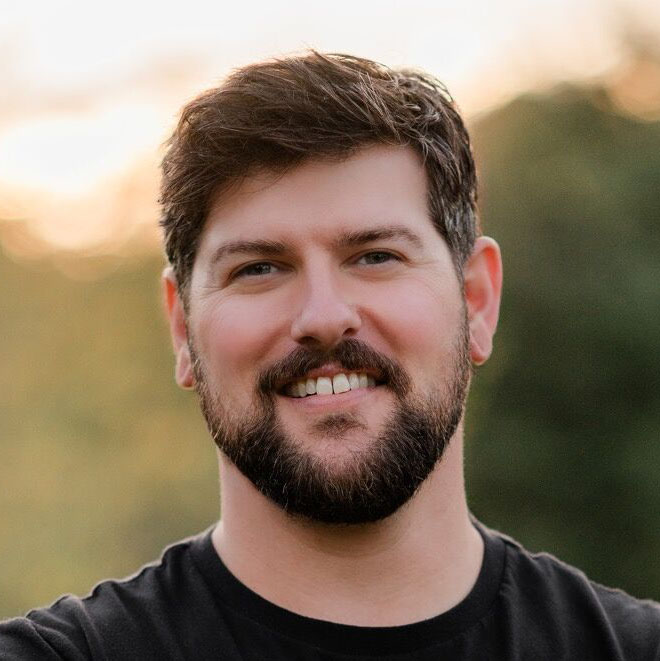
Matt Young
Matt Young says his debut novel, End of Active Service (Bloomsbury), “is a novel about parenthood and war and isolation and love and ultimately works to capture the emotional weight of homecoming, which, at its core, is about reconciling various aspects of identity.” The book was released in June.
About writing the novel, Matt shares, “I started writing this book about six months after my daughter was born in 2018. I had short beats of time when she was napping. I wanted to write nonfiction about parenthood, so I gave myself the constraint of writing mini essays of 500 words during her naps … Eventually the mini essays turned into mini fiction. I'm still not sure why. Maybe I didn't have enough distance to write about parenthood, maybe I was in a weird, surrealist, absurdist, sleep-deprived headspace. Whatever it was, the fiction felt good, more honest in some ways, so I leaned into it.”
He continues, “I'd written maybe fifty pages by the time I applied to RWW … Scott [Nadelson] ... helped me realize I'd reached the end of the usefulness of my short-form constraint, so I started redrafting longer pieces, knitting those vignettes together with narration and character development. In my thesis year, Kent Meyers helped me figure out that my POV was off, and so was my starting point. So, I scrapped a significant portion of what I'd written … and drafted for a third time and things really clicked into place … I spent another eighteen months drafting and revising … Then, I spent three or so months with a less stringent schedule revising that draft, fine-tuning, reorganizing, connecting, and whatever else. Then, I had a draft. All told, it took five years, damn near to the day.”
One Wild Word Away by Geffrey Davis
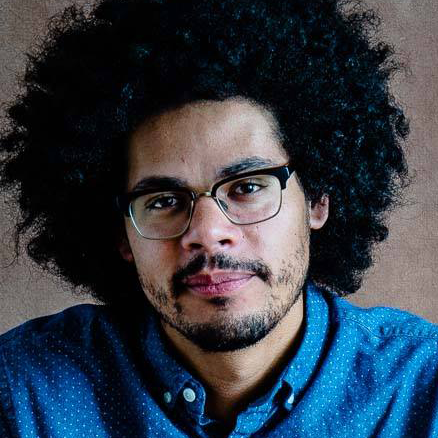
Geffrey Davis
In April, Geffrey Davis published his third poetry collection, One Wild Word Away (BOA Editions, Ltd). He says, “I see this book as a study of belonging, as a search for the language I've needed to stay connected across some major life changes and losses, and as another contribution to the ongoing record of coming home to myself.”
When asked about writing deeply about vulnerable topics, he shares, “I have found that I can only trust my ability to write with and about vulnerability when I feel a strong sense of connection to the communities and support systems that I know will hold me both accountable and safe in that challenging process.”
How to Be a Good Savage and Other Poems and Nostalgia Doesn’t Flow Away Like Riverwater translated by Wendy Call
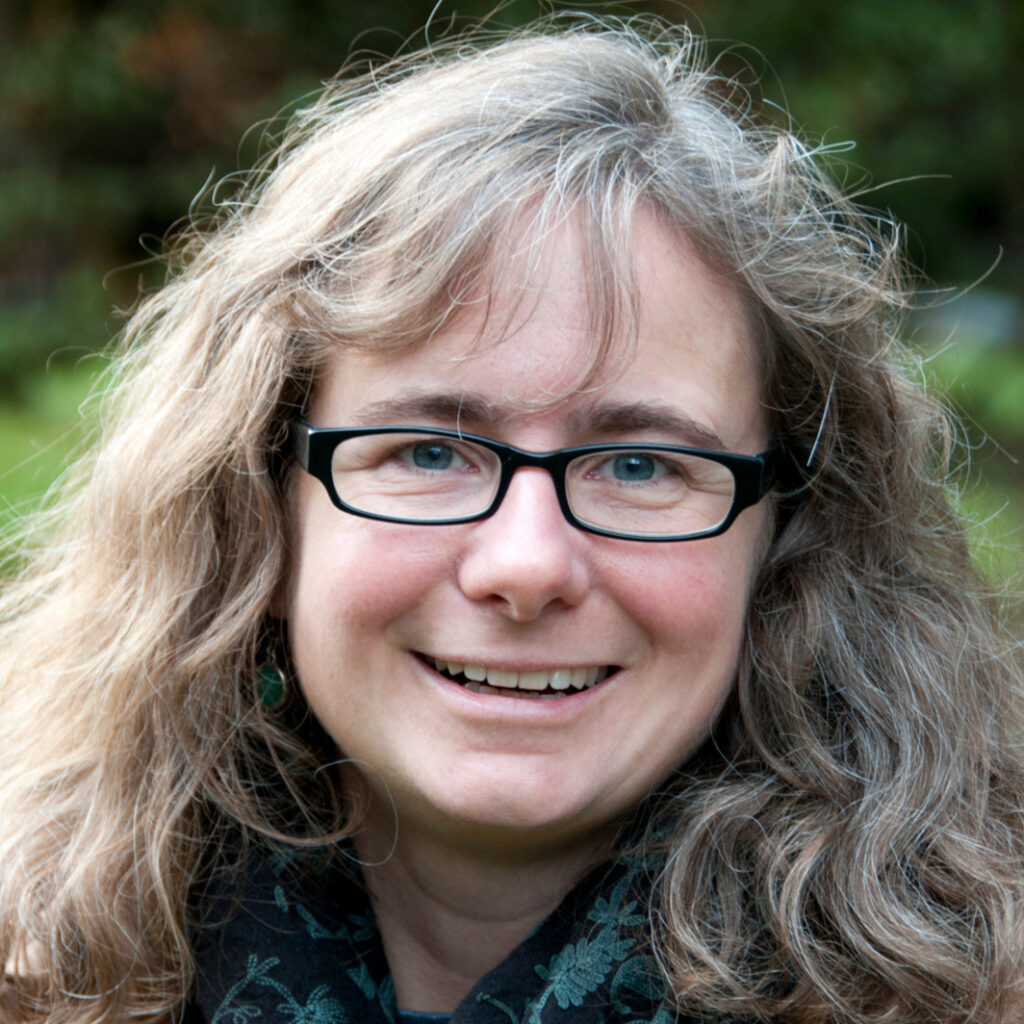
Wendy Call
In January of 2024, Wendy Call published two translations. In describing the projects, she states, “How to Be a Good Savage and Other Poems (Milkweed Editions) includes selections from all six of Mikeas Sánchez’s books. It was a three-way collaboration—between the poet, my co-translator Shook, and me. Shook had translated some of the poems from Mikeas Sánchez’s first few books; I began translating her more recent work in 2018 … Shook and I each had our ‘own’ poem translations and we traded many with each other for feedback. Because neither of us reads or speaks Zoque, we relied on Mikeas’s patient guidance to access the Zoque versions of her poems, line by line.
“Nostalgia Doesn't Flow Away Like Riverwater (Deep Vellum) is a translation of Mexican-Zapotec poet Irma Pineda's 2007 book, which was published bilingually in Spanish and her home language: Isthmus Zapotec.” She continues, “Both books are trilingual: the poet's Indigenous language, Spanish, and English. As far as I know, they are only the second and third trilingual books of poetry by Mexican women to be published in the United States … Working with these poets, learning about their multilingual processes, and also about the cultural and historical events that inform them, has broken open—in the best possible way—my writing process.”
Wendy adds, “Please buy and read literature in translation! Please request that your local library buy books of literature in translation! I doubt there is another country in the world as self-centered as the U.S., when it comes to the literature we read. YOU can be part of changing this unhealthy situation! Write locally, read globally.”
As you can see, 2024 was a banner year in faculty publications. We look forward to more to come in the future!
